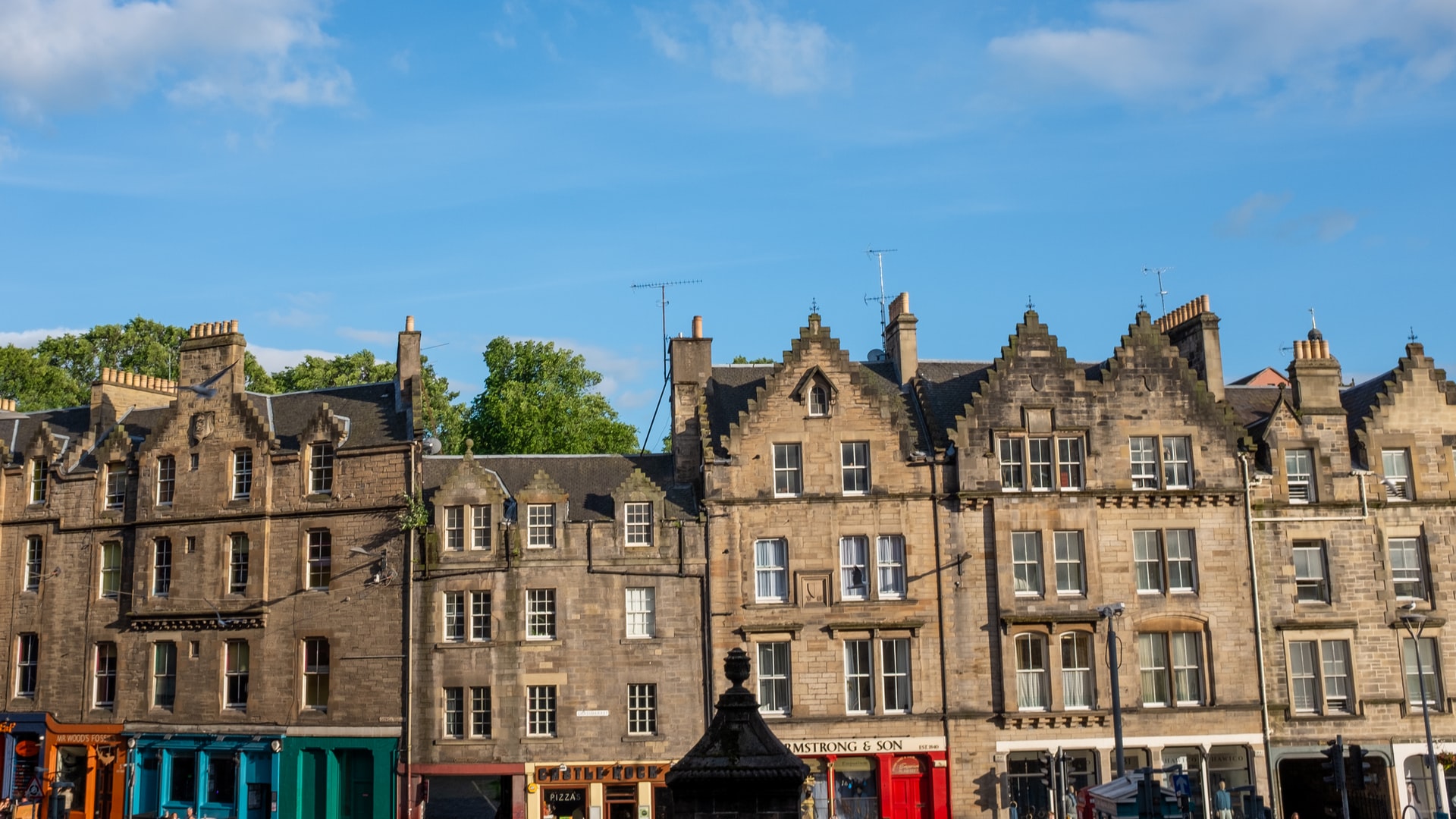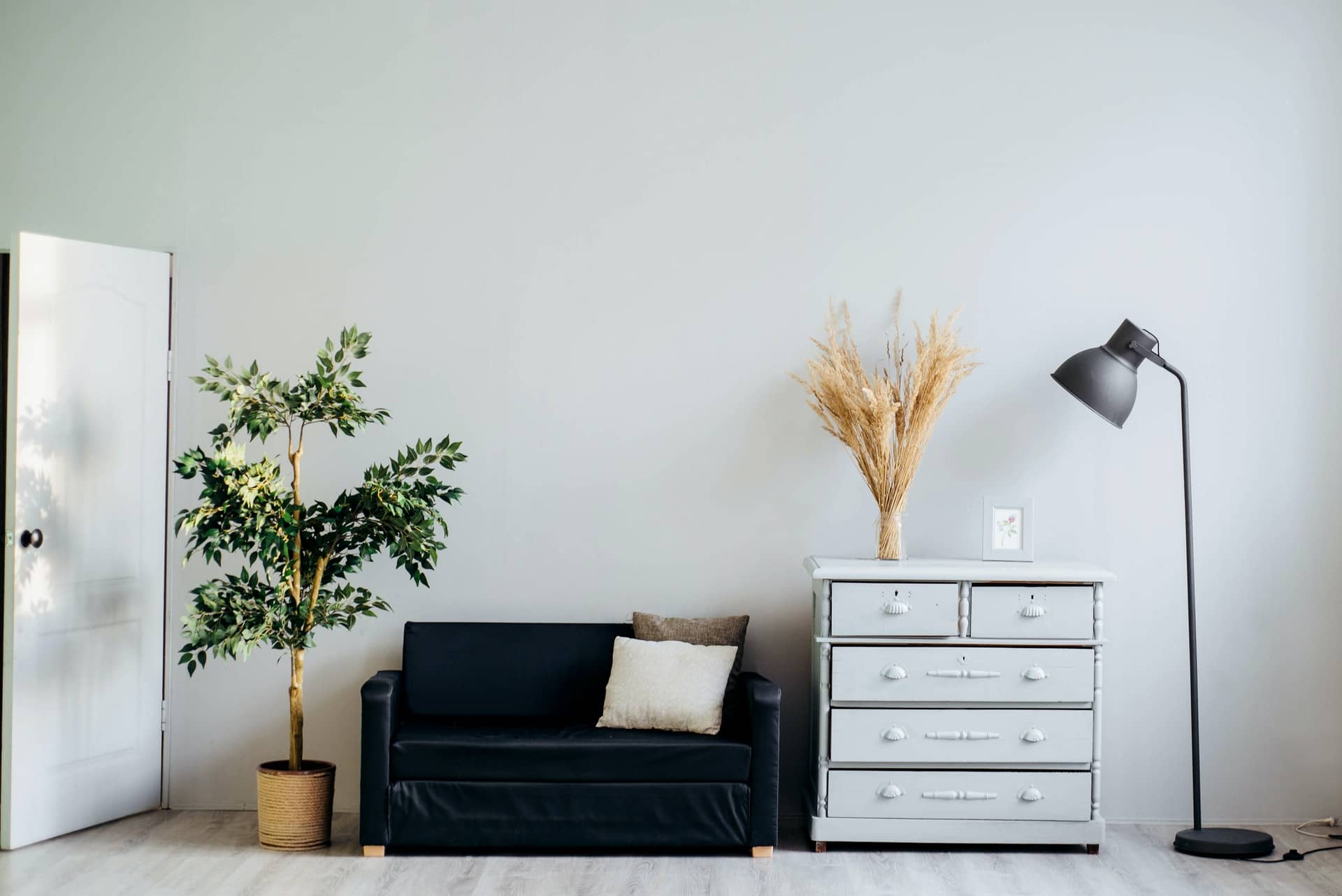Stamp duty
Stamp duty can often be one of the biggest hidden costs to buying your first home.
Stamp duty is a tax paid on property purchases. You have to pay it if you buy a home above a certain price.
The level at which you have to start paying stamp duty (the threshold) was raised from £125,000 to £500,000 in July 2020. This changes again on 1 July 2021 (please check the government website for the most up to date information).
The amount you pay depends on certain factors, such as if you’re buying a residential or non-residential property, if you’re a first-time buyer, and if you’re a UK resident or not.
You can use HM Revenue and Customs’ (HMRC) Stamp Duty Land Tax calculator to work out how much tax you’ll pay.
Valuation fees
A mortgage lender will want to conduct a valuation of the property you are purchasing to make sure it is worth the money they are going to be lending you. The cost of this depends on the value of the property you are purchasing and is usually between £200-£1000.
However, depending on the type of mortgage you select, some lenders don’t charge a valuation fee and it will be included in your mortgage deal.
Compare mortgage deals to find out whether they include the cost of a mortgage valuation.
Surveyor’s fees
It is highly recommended that, before you buy a property, you get it checked by a professional surveyor. This is important to highlight the condition and construction of the property and to flag up any problems that may arise later down the line.
A Homebuyers Report is usually sufficient for most properties, however if you are purchasing an older property or listed building then a full structural survey is recommended. Surveys can cost between £250-£600.
Make sure you read reviews before choosing your surveyor.
Mortgage broker and arrangement fees
Mortgage brokers/advisors often charge a fee for their service in finding you your mortgage deal. This can range from £300-£1000 depending on the property value.
Mortgage lenders sometimes charge an arrangement fee of up to £2000, for setting up the mortgage, depending on the mortgage type.
Ensure you shop around for the best mortgage deals so you’re able to compare them with anything a mortgage advisor finds for you.
Conveyancing fees
When buying your home, you’ll need a solicitor to carry out all the legal work. Legal Fees usually cost between £850-£1500. They will also carry out local searches to check whether there are any issues that need to be flagged up. Searches are usually an additional £250-£450.
Double-check with your solicitor if you need all the work they are quoting you for!
Estate agent fees
These are paid by the seller, not the buyer and are usually a small percentage of the property sale price.
This is one thing less to worry about if you’re only buying a property and not selling another at the same time.
Home and life insurance
Your mortgage lender will require evidence that you have taken out buildings insurance to protect your home against damage. It usually makes financial sense to get contents insurance for your possessions at the same time. This is usually between £100-£1000 depending on the value of the property and the possessions you are insuring.
You should also consider taking out life insurance. This insurance would cover you and your family if you were to die or are diagnosed with a terminal illness. The cost of this is dependent on the value of your property, your personal circumstances and your health.
Use a comparison site to shop around for the best deals when buying insurance.
Removal costs
It’s highly unlikely that you will be able to fit all of your belongings in a car, or even if you can, it can often mean multiple journeys.
Hiring a van and doing the heavy lifting work yourself is usually the most cost-effective and time-efficient way of moving. Removal costs are usually around £400-£1000.
Before hiring a van, ask around to see if friends or family members will lend you one for the day.
Furniture and white goods
When getting the keys to your home, as a minimum, you’re going to need somewhere to sleep, something to sit on and somewhere to store your fresh food! This can cost anything upwards of a few hundred pounds.
Purchase items from Facebook Marketplace, charity shops and eBay to keep costs low.
Decorating and renovating
Unless you’re moving into a new build it’s likely that you’ll want to do some redecorating. Some properties may even need full renovation work.
The costs depend on the work you are doing so it’s recommended you keep some money aside for this or plan to make renovations over time so you have longer to budget and save.
Do as much of the work as you can yourself to keep costs low.
Maintenance costs
If you purchase a leasehold property, this means that the building or the land it sits on is owned by a freeholder or landlord. You may have to pay service charges and ground rent. Charges aren’t capped so this cost is entirely up to the landlord.
Ensure you clearly understand the costs involved in service charges or ground rent before making an offer on the property.
Key takeaways
- Ensure you set aside money for all the additional costs of buying a home as well as your deposit.
- Shop around for the best deals
- Try to do as much of the work as you can yourself












